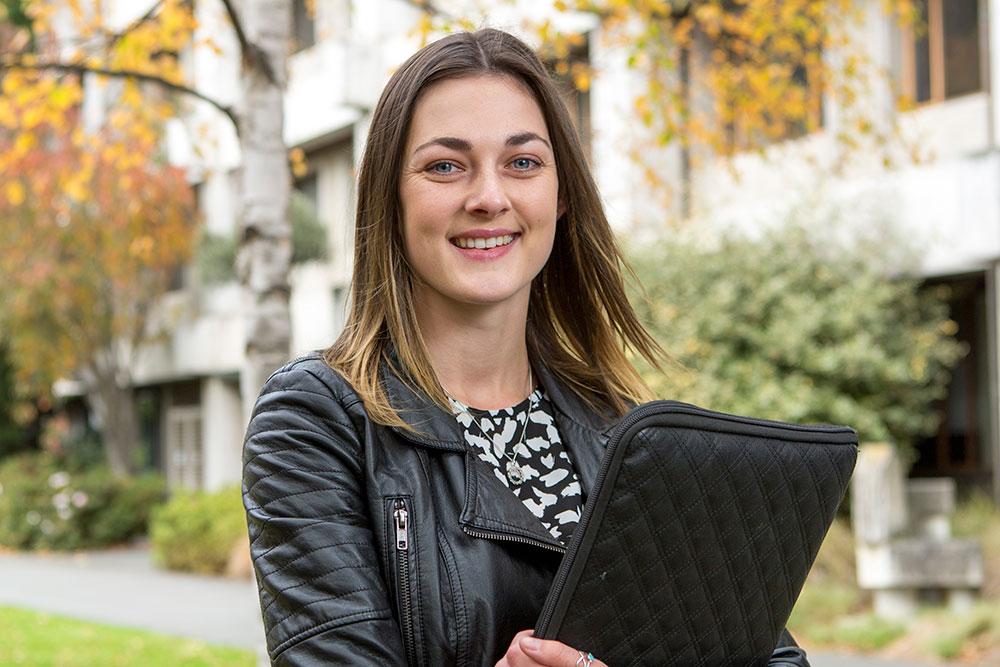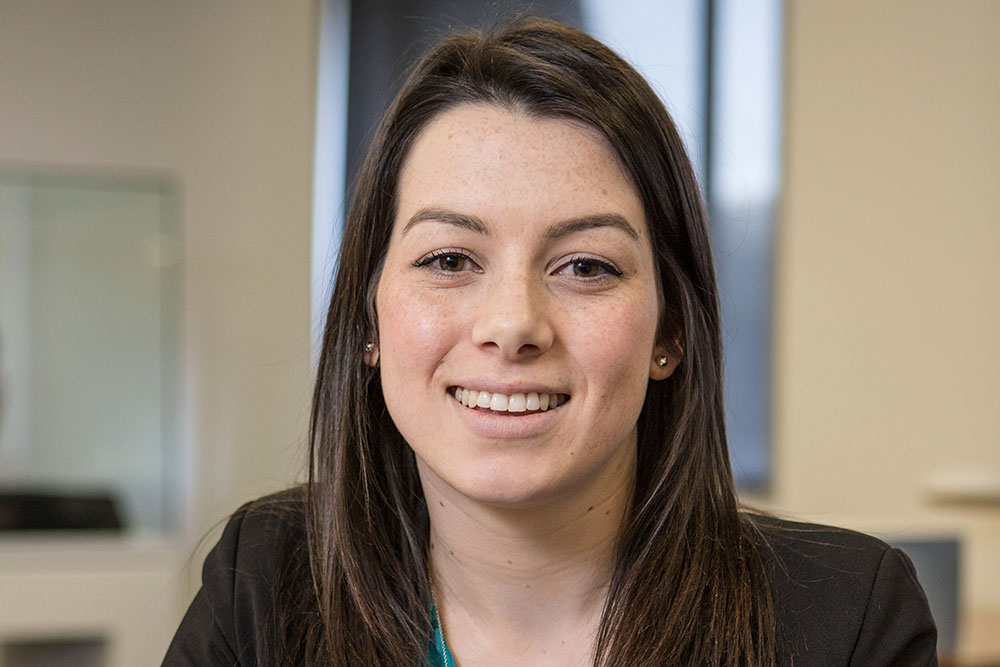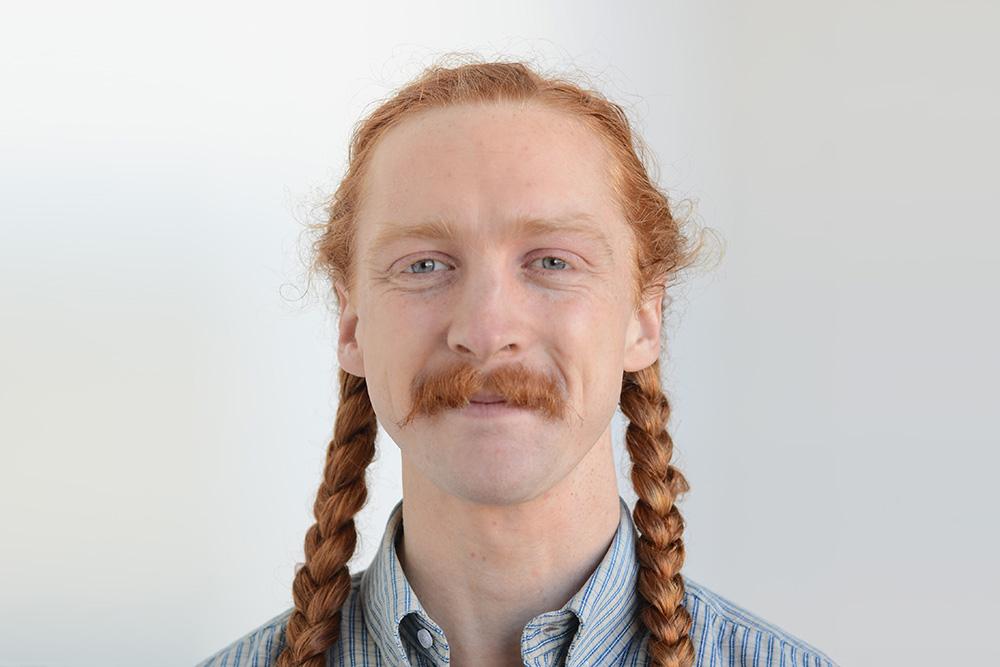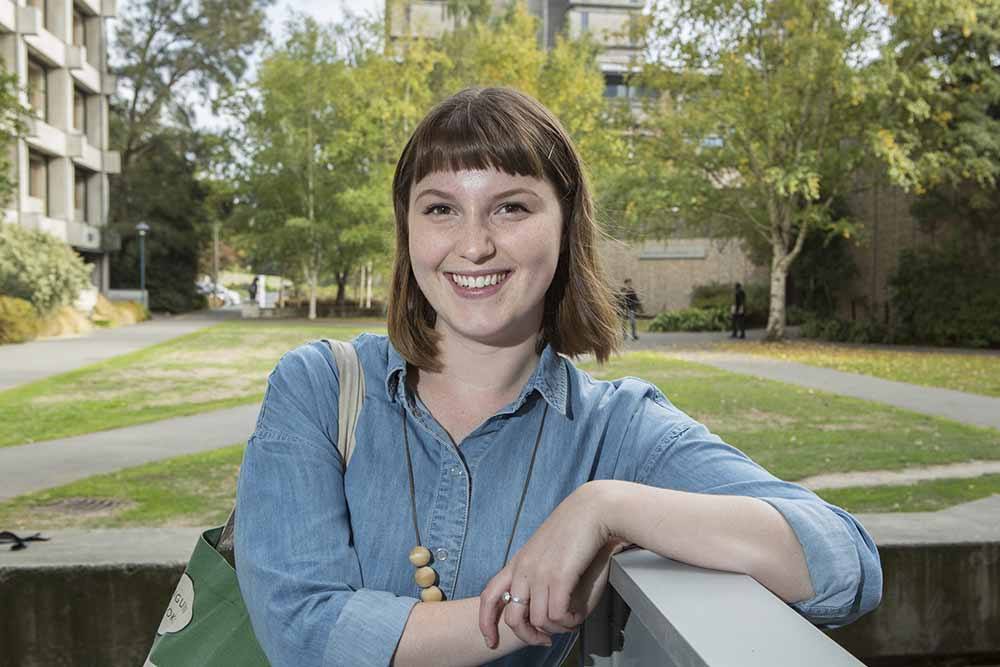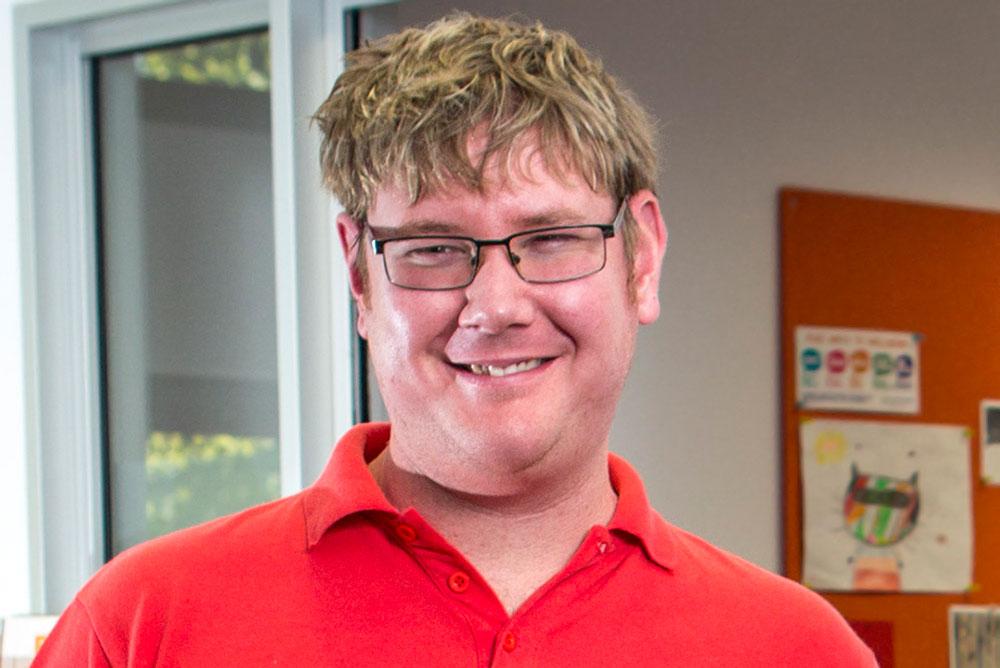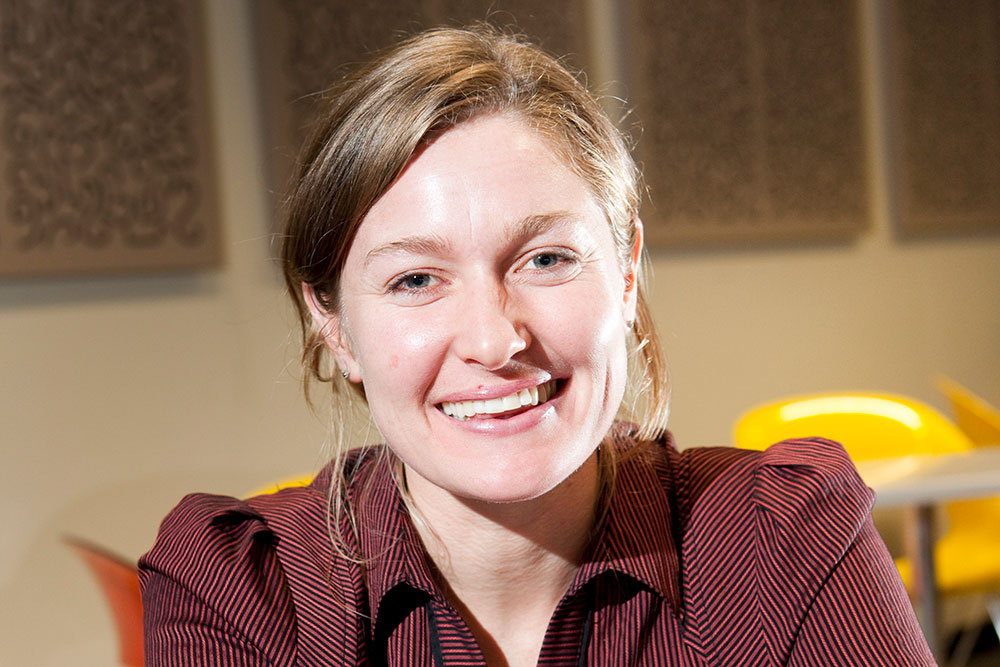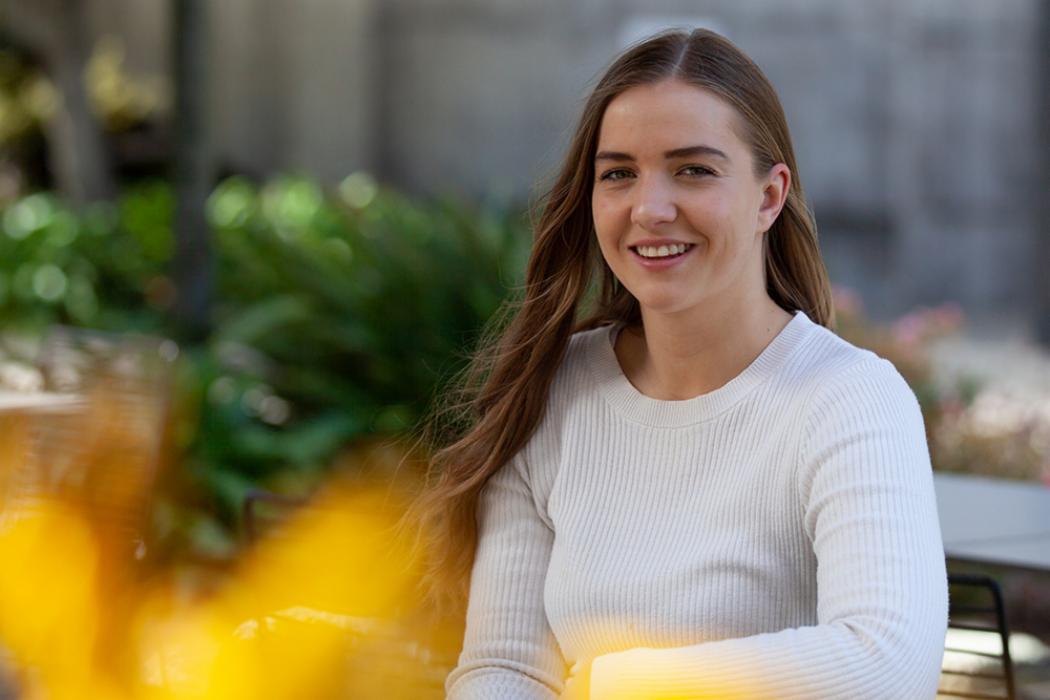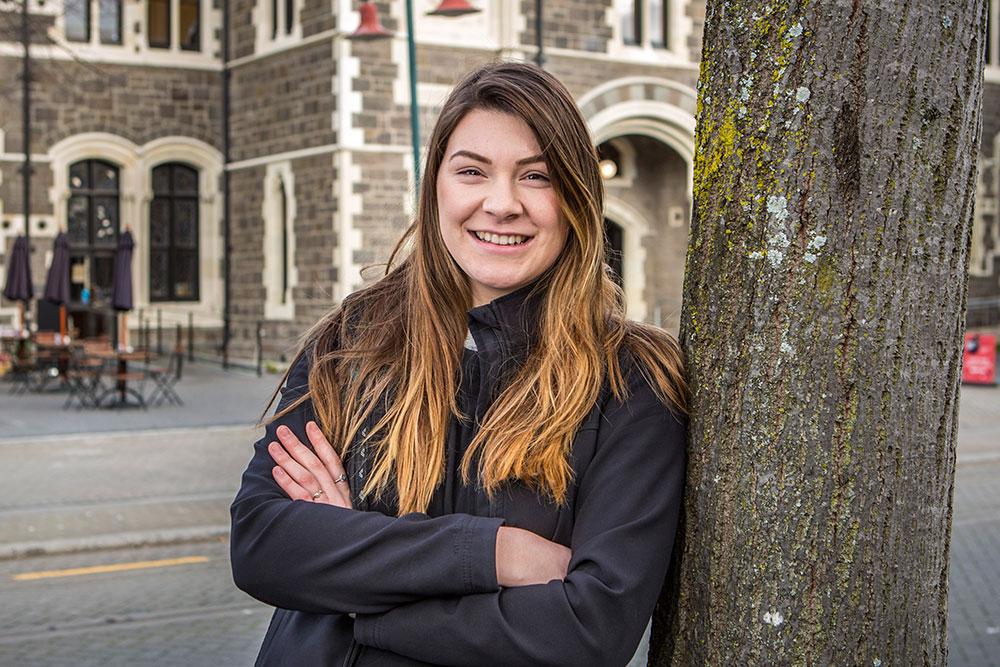Bachelor of Arts in Classics with a minor in English
Bachelor of Arts with Honours in Classics
After trying out Classics as an interest course in her first year, Natalie decided on making it her major because of how fascinating and influential the ancient Mediterranean cultures are.
"I became more and more intrigued about what the ancient world and its complexities could teach us in the twenty first century, and delving deeper into the language and literature has fed that intrigue," she says.
She quickly got involved with Classoc, the popular Classics student club, helping organise quiz nights, Greek pot-painting events, public guest lectures for the community, and becoming even more inspired by the close-knit Classics department.
Taking on the ancient Greek and Latin languages was a fantastic way to understand the people and cultures more closely in context, involving reading literature, documents and letters in their original translation.
"If you enjoy the Classics courses then try out the Greek and Latin language courses. They are a huge challenge, they sharpen your study skills, and they really boost your understanding of the subject matter," she says. "Studying the ancient languages in smaller classes meant developing stronger relationships with fellow students and staff."
Getting this insight has been reflected in her receiving awards, including the Alabaster Scholarship for students studying Greek and Latin, and an Arts Scholars Scholarship.
"The UC Arts Scholars programme introduced me to a wonderful group of motivated and like-minded people, with whom I have since become close friends."
Natalie later went onto honours study, where she was "extremely fortunate" to receive funding from the Canterbury Federation of Graduate Women and the College of Arts, and a Freemasons University Scholarship for her leadership potential. Her thesis looked into different representations of heroism depicted in epic literature and philosophy.
"I love my subject area for its variety of content – history, literature, philosophy, art and language – and how it all merges into one coherent division of humanities studies. What I find most satisfying is that everything we do and feel as people was more or less done and felt by the ancients over 2,500 years ago."
One amazing experience was completing an internship course in her honours year with UC's James Logie Memorial Collection of Greek and Roman artefacts.
"I got to be a part of the cataloguing and publishing of the Collection's first exhibition upon its reopening in the Arts Centre," she says. "This massive opportunity allowed me to get up close to some very special antiquities, and to fully appreciate the value of the Logie Collection as a teaching resource and fantastic asset for the University.
"I would strongly recommend internships to other students for the unique and personal learning experiences that they offer each individual."
Helping out fellow students has been a goal for Natalie. Throughout her studies, Natalie has been a Student Mentor for international and disabilities students starting out at UC, assisted with UC campus events, and worked as a student manager for the Go Canterbury programme.
"One of the best things I did at UC was become a Student Mentor through the Student Support department," she says. "I am also currently tutoring for a first-year course, Greek Mythologies, which was my first Classics course in my first year. It is satisfying to help other students in ways that I needed help when I started out, and to realise where I've come since then.
"Making these connections gave me an immensely strong sense of place at UC. I have enjoyed all of the aspects of student life that have enriched my time here."
Joining the UC Climbing Club has also been a great experience for Natalie, with trips around the South Island for bouldering events and competitions.
Natalie enjoys a pretty active lifestyle outside of UC as well, such as uphill road cycling in the Port Hills, and coaching sports to young people with mental disabilities through Special Olympics Canterbury.
Natalie's next step is to carry out master's research in Greek literature, and potentially onto examining Humanities teaching in schools.


